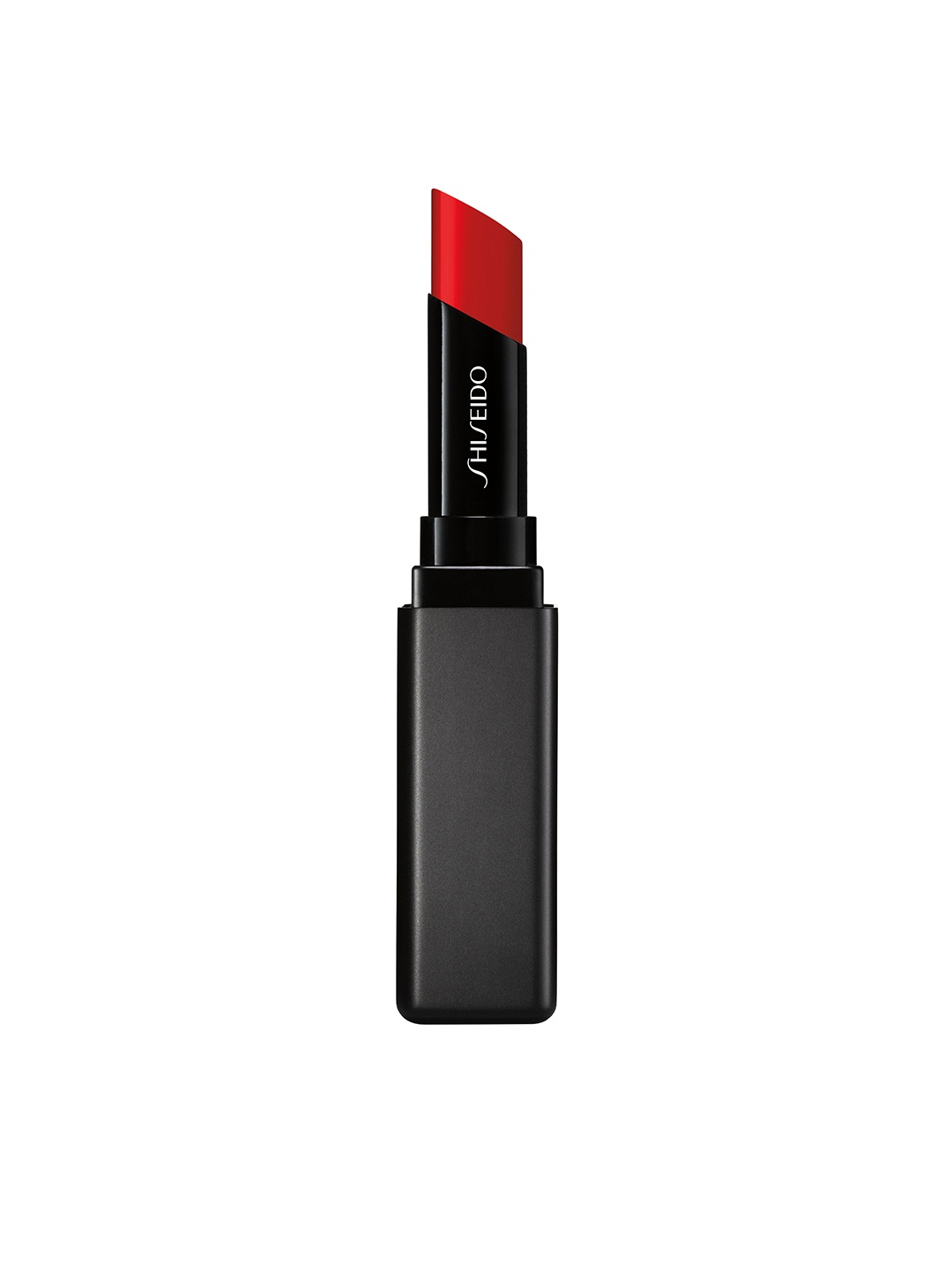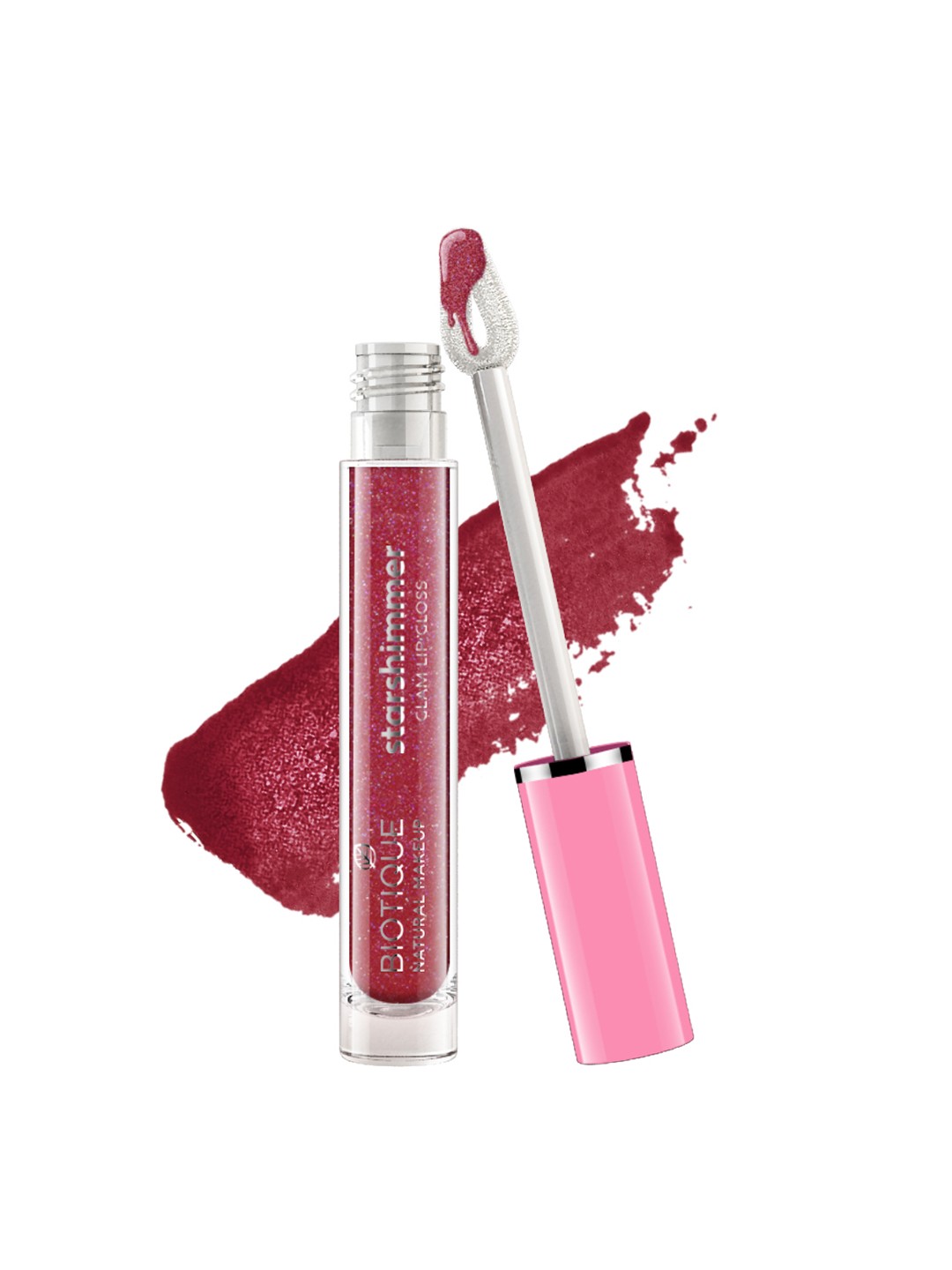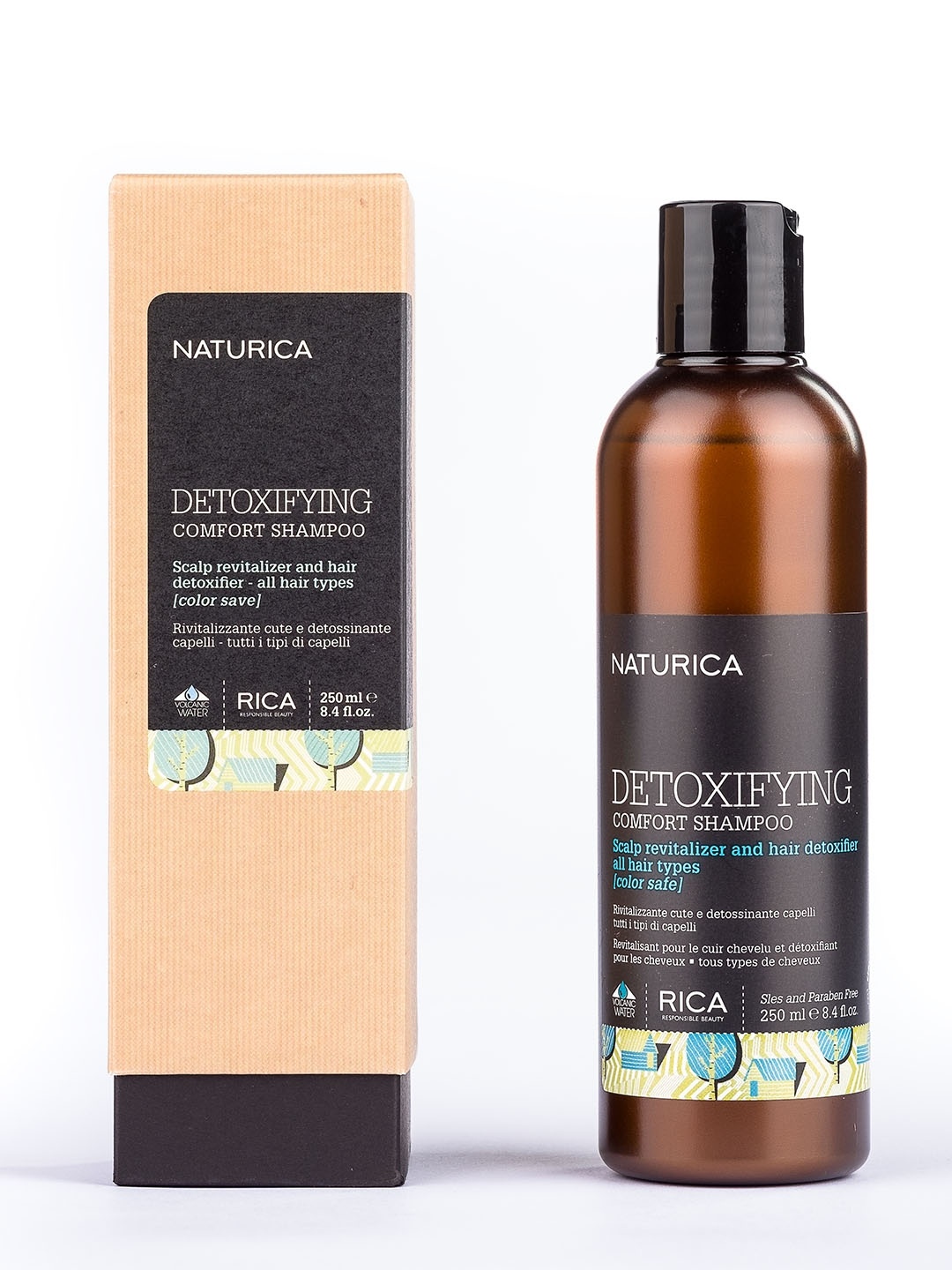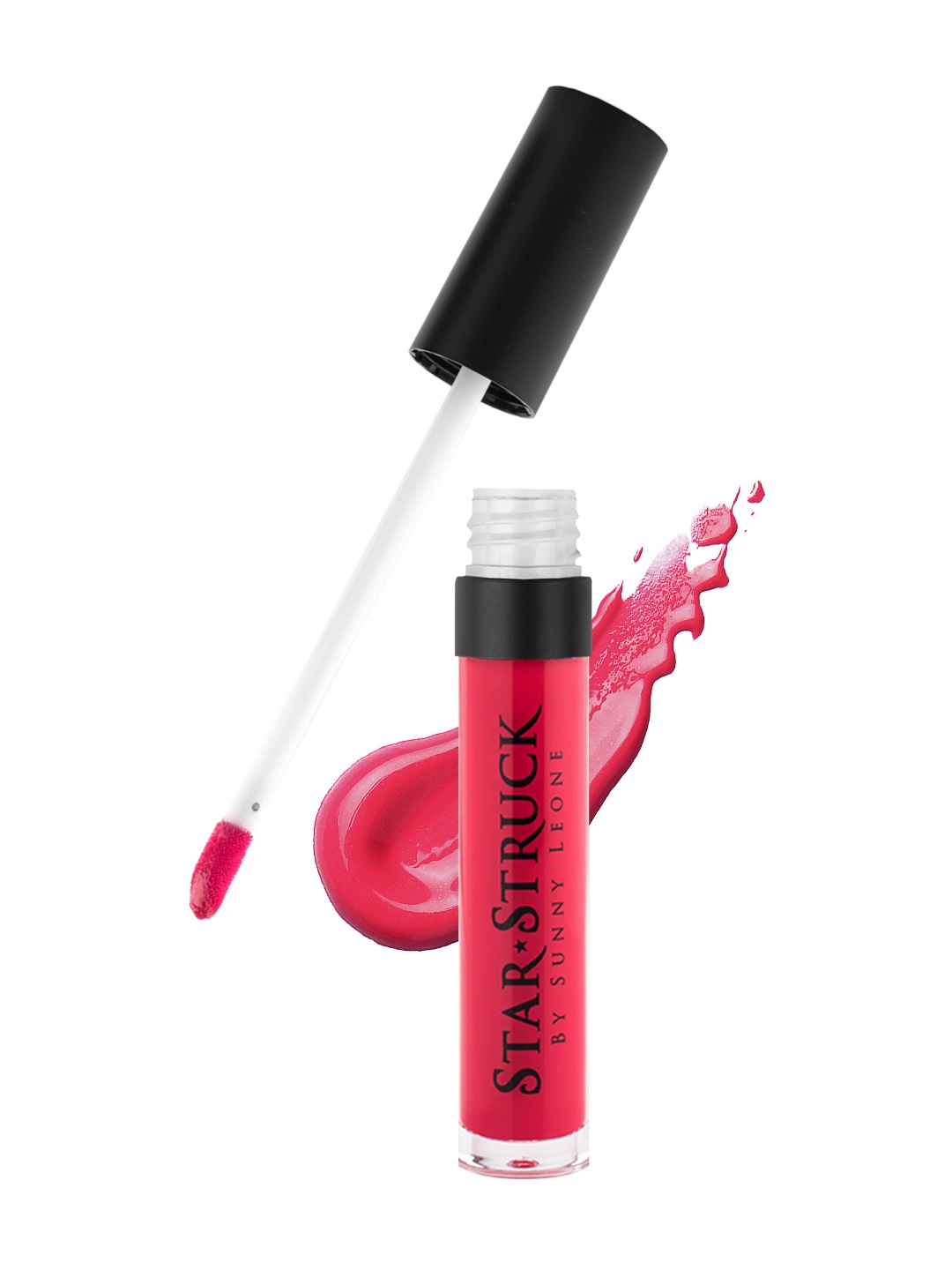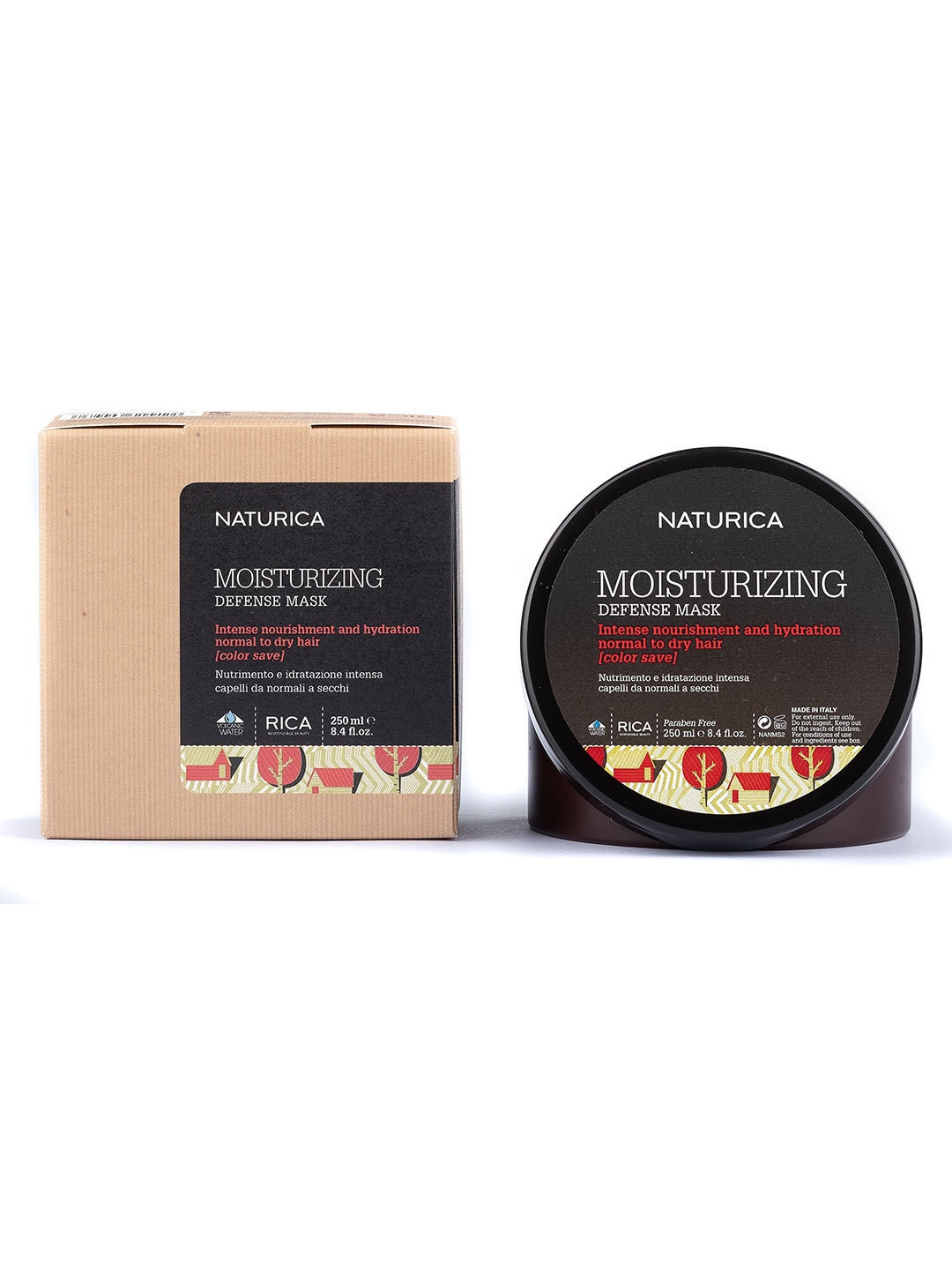How to Choose the Right Face Wash For Your Skin Type If Yours Is Not Working
Many swear by their daily face wash routine, yet still battle stubborn pimples, dullness or oily skin. Here is how to choose the right face wash for your specific skin type if your current one is not working.

How To Find Your Perfect Face Wash: A Guide To Choosing The Right One For Your Skin's Needs.
It's a familiar scene: a bathroom counter cluttered with half-used tubes and bottles, each promising glowing, flawless skin. That ‘miracle' face wash that a friend swore by? Turns out it's now just an overpriced decoration. For many, the daily face wash ritual feels less like self-care and more like an endless guessing game: why is the skin still breaking out, feeling tight, or looking lifeless despite religious cleansing?
The truth is, most people choose a face wash based on a pretty ad, a popular influencer's endorsement, or the latest online hype. What's often missing is a real understanding of what the skin needs. In a country where the climate swings from dry winters to sweaty summers and pollution levels fluctuate wildly, a one-size-fits-all approach is a recipe for disappointment.
Before giving up on skincare entirely, it's worth learning why a face wash might be failing, and more importantly, how to choose one that truly works for your skin. Here is how to choose the right face wash for your specific skin type if your current one is not working.

How To Find The Right Face Wash For Your Skin Type When Your Current One Fails; Photo Credit: Pexels
1. You're Using the Wrong Formula for Your Skin Type
That foaming face wash with the squeaky-clean finish might feel refreshing, but it could be stripping away the skin's natural oils. For oily skin, gels and foams work well; for dry skin, creamy or oil-based cleansers are better. Using the wrong one can throw your skin into chaos; dry skin gets even flakier, oily skin goes into overdrive, producing more sebum.
Imagine wearing a wool sweater in peak May heat, it's uncomfortable and wrong for the season. Similarly, a mismatched formula leaves skin stressed and unhappy. The first step is to identify whether skin feels tight after washing (a sign of dryness) or greasy within hours (oiliness). Matching the formula to the skin type makes a dramatic difference, often more than any expensive “miracle ingredient.”
2. Over-Cleansing Is Sabotaging Your Skin
Many believe scrubbing away oil and dirt several times a day is the shortcut to clear skin. In reality, over-cleansing is like yelling at your skin until it rebels. Washing too often strips essential moisture, prompting the skin to produce more oil to compensate. The result? More breakouts, more irritation, and a never-ending cycle.
In hot, humid weather, it's tempting to wash after every trip outside. Instead, stick to twice daily, morning and night, and rinse with water in between if needed. Think of skin like a clay pot: clean it gently and it will stay strong, but scrub it too often and it starts to crack.
3. Ignoring the Climate Factor
Skin behaves differently in December's dry winds and July's sweaty humidity. Using the same face wash year-round ignores the fact that skin's needs shift with the weather. A foaming cleanser may be perfect for summer but too harsh in winter, while a creamy cleanser that comforts skin in January may feel heavy and sticky in May.
Adapting your cleanser to the season can prevent dryness in winter and oil overload in summer. It's the same reason wardrobes change, cotton in summer, wool in winter. Your skincare shelf deserves the same seasonal makeover.
4. Falling for the “More Is Better” Ingredient Trap
Skincare marketing loves fancy ingredients: gold dust, diamond particles, exotic plant extracts. While some are genuinely beneficial, others are more gimmick than game-changer. Loading up on too many active ingredients, like salicylic acid, glycolic acid, and retinol, in a single cleanser can overwhelm skin, especially when left on for only a few seconds during washing.
A good cleanser focuses on gentle, effective cleansing, not being a mini-laboratory of trends. Think of it like chai, you don't need every spice in the rack, just the right balance of a few to make it perfect.
5. Not Checking the pH Balance
Skin naturally sits at a slightly acidic pH of around 5.5. Many soaps and harsh cleansers have a much higher pH, which disrupts the skin's protective barrier. This can lead to dryness, sensitivity, and even more breakouts.
A pH-balanced face wash maintains the skin's natural defences, helping it stay smooth and hydrated. While brands rarely advertise pH on the front label, a quick scan of reviews or the ingredient list online can guide you. Think of it as ensuring your drinking water isn't too salty or too sweet; balance matters.
Also Read: Nivea, Everyuth To Garnier, Face Washes Start At Just ₹50 On Flipkart Sale
6. Skipping the Double Cleanse When Needed
If the day involves sunscreen, heavy makeup, or just battling city dust, a single quick wash may not cut it. A double cleanse, starting with an oil-based cleanser to break down makeup and sunscreen, followed by a gentle water-based one, ensures skin is actually clean.
Skipping this can leave residue behind, leading to clogged pores and dullness. It's like mopping the floor without sweeping first, you just smear the dirt around.

How To Choose The Right Face Wash For Your Skin Type If What You Use Isn't Working; Photo Credit: Pexels
7. Using Expired or Poorly Stored Products
A face wash left uncapped in a steamy bathroom or used months past its expiry can harbour bacteria. That not only reduces its effectiveness but can also cause breakouts and infections.
Heat, humidity, and light degrade active ingredients, especially in natural or herbal formulations. Storing products in a cool, dry place and replacing them regularly is as important as choosing the right formula. After all, stale milk doesn't make good tea, no matter how premium the brand.
8. Expecting Instant Results
Skincare is a slow romance, not a whirlwind fling. A new face wash won't transform skin overnight, most need at least four to six weeks to show noticeable changes. Switching products too quickly prevents skin from adjusting and makes it impossible to tell what's actually working.
It's tempting to give up after a week, but patience is key. Consistency beats constant experimentation, just like regular exercise yields better results than an occasional intense workout.
9. Not Considering Water Quality
Hard water, common in many areas, contains high mineral content that can leave residue on the skin, affecting how cleansers work. Even the best face wash struggles against deposits of calcium and magnesium.
A simple workaround is using filtered or boiled (and cooled) water for the final rinse, or following up with a gentle toner to remove mineral build-up. It's like rinsing hair after a swim, you wouldn't leave chlorine sitting on it, so why do the same to skin?
10. Ignoring Lifestyle Factors
Even the perfect face wash can't undo late nights, sugary snacks, or constant stress. Diet, hydration, and sleep play a massive role in skin health. If skin woes persist despite switching cleansers, the root cause might be lifestyle-related.
Think of the face wash as a loyal teammate; it can only perform well if the rest of the team (diet, sleep, stress management) is doing its part. Skincare is holistic; ignoring the bigger picture is like blaming the goalkeeper for losing the match when the defence never showed up.
Products Related To This Article
1. Plum 2% Niacinamide Simply Bright Face Wash With Rice Water 100 ml
2. Simple Kind To Skin Refreshing Facial Wash
3. The Derma Co Face Wash with 2% Salicylic Acid and 2% Niacinamide
4. DOT & KEY Barrier Repair + Hydrating Gentle Face Wash With Probiotic
5. Minimalist Anti-Acne Salicylic Acid 2% Face Wash For Oily & Acne Prone Skin
6. Cetaphil Paraben, Sulphate-Free Gentle Skin Hydrating Face Wash Cleanser with Niacinamide
7. QUENCH BOTANICS Quench Snail Mucin Collagen Boost Face Wash 100ml
A face wash isn't magic in a bottle; it's a tool, and its effectiveness depends on choosing the right one and using it wisely. Matching the formula to the skin type, respecting the climate, and keeping realistic expectations can turn a daily routine from frustrating to fulfilling.
The bathroom shelf doesn't need to be a graveyard of abandoned products. With a little attention to detail, that humble tube of cleanser can become a trusted ally in keeping skin fresh, healthy, and ready to face the day, no pun intended. Shop now on Amazon.
Disclaimer: The images used in this article are for illustration purpose only. They may not be an exact representation of the products, categories and brands listed in this article.









